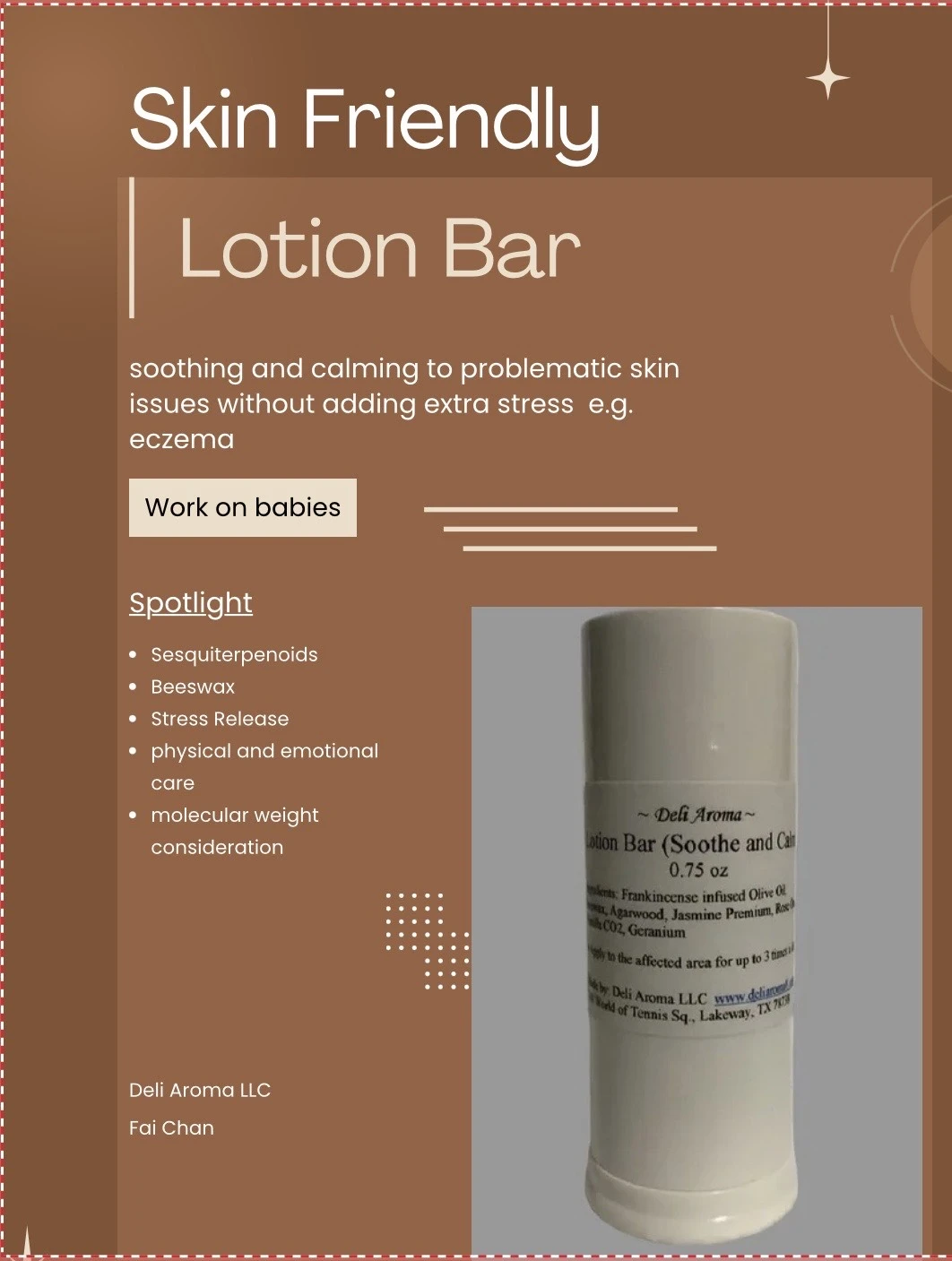Indexed In
- Open J Gate
- Genamics JournalSeek
- ResearchBible
- RefSeek
- Directory of Research Journal Indexing (DRJI)
- Hamdard University
- EBSCO A-Z
- OCLC- WorldCat
- Scholarsteer
- Publons
- MIAR
- Euro Pub
- Google Scholar
Useful Links
Share This Page
Journal Flyer

Open Access Journals
- Agri and Aquaculture
- Biochemistry
- Bioinformatics & Systems Biology
- Business & Management
- Chemistry
- Clinical Sciences
- Engineering
- Food & Nutrition
- General Science
- Genetics & Molecular Biology
- Immunology & Microbiology
- Medical Sciences
- Neuroscience & Psychology
- Nursing & Health Care
- Pharmaceutical Sciences
Improved internal control for molecular diagnosis assays
International Conference on Clinical Chemistry & Laboratory Medicine
October 17-18, 2016 Chicago, USA
Thurai Moorthy
MultiGen Diagnostics LLC, USA
Scientific Tracks Abstracts: Biochem Anal Biochem
Abstract:
The two principal determining steps in molecular diagnosis are the amplification and the identification steps. Accuracy of DNA amplification is primarily determined by the annealing sequence of the PCR primer to the analyte DNA. Accuracy for identification is determined either by the annealing region of a labeled probe for the real time PCR analysis, or the annealing of a sequencing primer for DNA sequencing analysis, that binds to the respective analyte (amplicon). Presently, housekeeping genes (Beta globin, GAPDH) are used in molecular diagnosis to verify that the PCR conditions are optimum, and are thus known as amplification controls. Although these genes have been useful as amplification controls, they lack the true definition of an internal control because the primers and annealing conditions are not identical to the analyte being assayed. This may result in a false negative report. The ICCode platform technology described here provides a true internal control where the internal control and analyte share identical PCR primers annealing sequences for the amplification step and identical sequencing primer annealing sequence for the identification step. The analyte and internal control have the same PCR and sequencing annealing sequences. This method assures for little or no false negatives and false positives due to the method�??s design of using identical annealing conditions for the internal control and analyte, and by using DNA sequencing analysis for the identification step of the analyte, respectively. This method also allows for a set lower limit of detection to be used by varying the amount of internal control used in the assay.
Biography :
Thurai Moorthy is a Molecular Biologist. He has pursued the commercialization of novel technologies in the field of molecular diagnostics since 25 years. He has patented a number of platform technologies worldwide that have novel applications in cancer screening and targeted chemotherapy, genetic predisposition, infectious diseases, drug discovery/development and personalized medicine. All his inventions are independent of any academic encumbrances. He has published more than 60 scientific articles and has been a Member of the Editorial Board of the Journal of Clinical Microbiology, USA.


